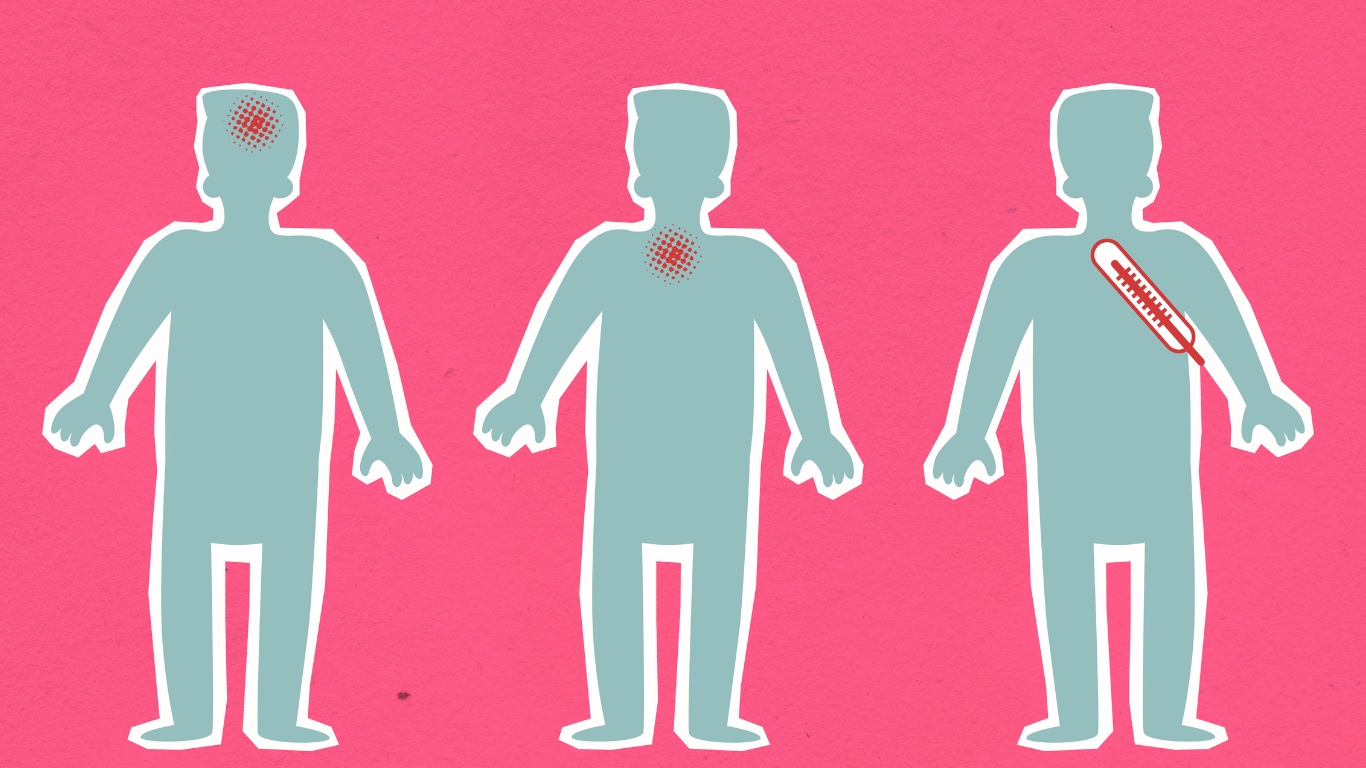Black fungus, medically referred to as mucormycosis, is a rare but serious fungal infection caused by a group of molds called mucormycetes. These molds are commonly found in the environment but can lead to severe complications, especially in individuals with weakened immune systems. In this comprehensive guide, we delve into the symptoms, causes, diagnosis, treatment, and prevention of black fungus, helping you stay informed and protected.
What is Black Fungus?
Black fungus is an opportunistic infection that primarily affects individuals with compromised immune systems. The fungus enters the body through inhalation, ingestion, or skin injuries. Once inside, it can spread rapidly, causing significant damage to tissues and organs.
Key Characteristics of Black Fungus:
- Affects sinuses, lungs, brain, and skin.
- Predominantly occurs in individuals with diabetes, cancer, or those undergoing immunosuppressive treatments.
- Requires immediate medical attention due to its aggressive nature.
Symptoms of Black Fungus
Recognizing the symptoms of black fungus early is crucial for timely intervention. Symptoms vary depending on the part of the body affected:
1. Sinus and Nasal Symptoms
- Nasal congestion or blockage.
- Black or dark-colored discharge from the nose.
- Facial pain or swelling, particularly around the eyes or nose.
- Loss of sensation or numbness in the facial area.
2. Pulmonary (Lung) Symptoms
- Persistent cough, often with blood-streaked sputum.
- Shortness of breath and chest pain.
- Fever that does not respond to usual medications.
- Fatigue and general weakness.
3. Brain (Cerebral) Symptoms
- Severe headache, often localized.
- Altered mental status or confusion.
- Vision problems, including double vision or blindness.
- Seizures or stroke-like symptoms.
4. Skin Symptoms
- Redness, swelling, or black lesions on the skin.
- Pain and tenderness around wounds or surgical sites.
- Necrosis (death of skin tissue), leading to blackened areas.
Causes and Risk Factors
Black fungus is caused by exposure to mucormycetes, which are found in soil, decaying organic matter, and air. However, infection occurs only in certain conditions:
Common Causes:
- Inhalation of fungal spores.
- Skin injuries or trauma allowing fungal entry.
- Contaminated medical equipment or environments.
Risk Factors:
- Diabetes Mellitus: Uncontrolled blood sugar levels create an environment conducive to fungal growth.
- COVID-19: Patients recovering from COVID-19, especially those treated with steroids, are at increased risk.
- Weakened Immune System: Conditions such as cancer, organ transplants, and HIV/AIDS lower immunity.
- Prolonged Steroid Use: Steroids suppress the immune response, making individuals more susceptible.
- Other Factors: Malnutrition, prolonged hospitalization, and use of ventilators or oxygen therapy.
Diagnosis of Black Fungus
Timely diagnosis is critical for managing black fungus effectively. The following methods are commonly employed:
1. Medical History and Physical Examination
- A detailed review of symptoms and medical history.
- Physical examination to assess visible signs like nasal discharge, skin lesions, or swelling.
2. Imaging Tests
- CT Scan or MRI: Helps identify the extent of infection in the sinuses, lungs, or brain.
- X-rays: Useful for detecting pulmonary involvement.
3. Laboratory Tests
- Tissue Biopsy: Confirms the presence of mucormycetes in affected tissues.
- Culture Tests: Identifies the specific fungal species causing the infection.
Treatment Options
Treatment for black fungus involves a combination of antifungal medications, surgical intervention, and supportive care. Early diagnosis and aggressive treatment are essential to improve outcomes.
1. Antifungal Medications
- Amphotericin B: The primary drug used to treat black fungus. Administered intravenously.
- Posaconazole and Isavuconazole: Oral or intravenous alternatives for long-term management.
2. Surgical Intervention
- Removal of infected tissues to prevent further spread.
- In severe cases, partial removal of affected organs may be necessary.
3. Supportive Care
- Management of underlying conditions like diabetes.
- Nutritional support to boost immunity.
- Monitoring and treating complications.
Preventing Black Fungus
Preventive measures are vital, especially for individuals at high risk. Here are practical steps to minimize the risk:
1. Maintain Good Hygiene
- Regularly clean and disinfect surroundings.
- Avoid contact with soil or decaying organic matter.
2. Control Underlying Conditions
- Monitor and manage blood sugar levels for diabetic patients.
- Avoid self-medication, particularly with steroids.
3. Strengthen Immunity
- Consume a balanced diet rich in vitamins and minerals.
- Stay physically active and manage stress.
4. COVID-19 Specific Measures
- Ensure proper use of oxygen therapy and ventilators.
- Avoid overcrowded and unclean hospital environments.
FAQs About Black Fungus
1. Is black fungus contagious?
No, it cannot spread from person to person or between animals and humans.
2. Who is most at risk for black fungus?
Individuals with diabetes, weakened immune systems, or those recovering from COVID-19 are at higher risk.
3. Can black fungus be cured?
Yes, with early diagnosis and appropriate treatment, it can be managed effectively.
4. How long does it take to recover from black fungus?
Recovery depends on the severity of the infection and the individual’s overall health. It can take weeks to months.
5. What should I do if I suspect black fungus symptoms?
Seek immediate medical attention to prevent complications.
Conclusion
Black fungus, or mucormycosis, is a serious but preventable and treatable condition. Awareness of its symptoms, risk factors, and treatment options is essential for early intervention and better outcomes. By taking proactive steps to maintain hygiene, manage underlying health conditions, and strengthen immunity, individuals can significantly reduce their risk. If you or someone you know experiences symptoms of black fungus, seek prompt medical care to ensure timely treatment and recovery.




